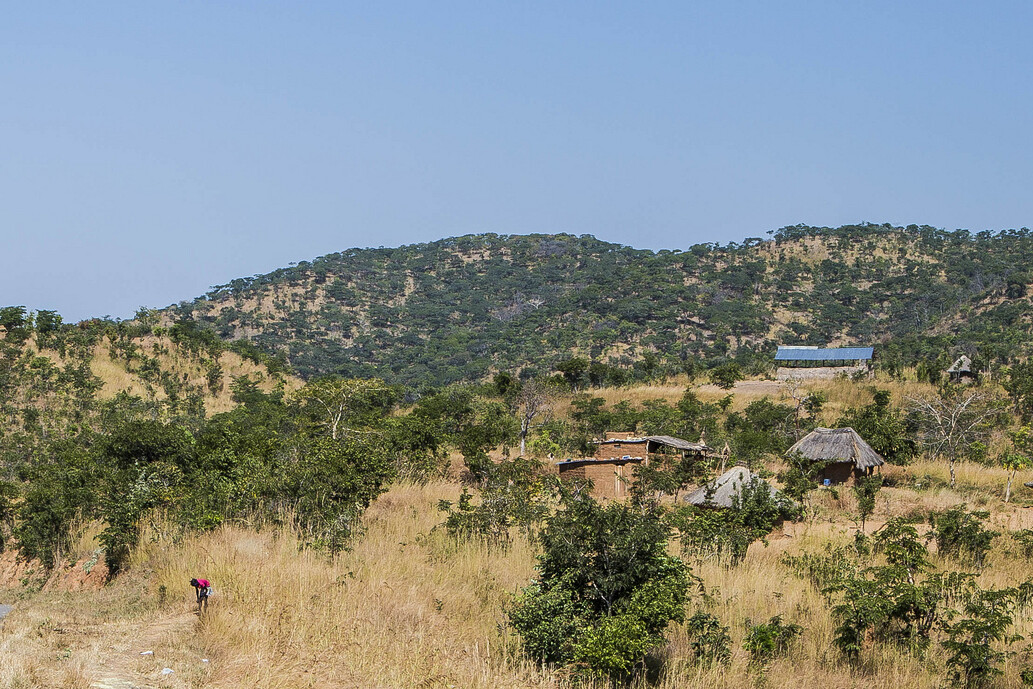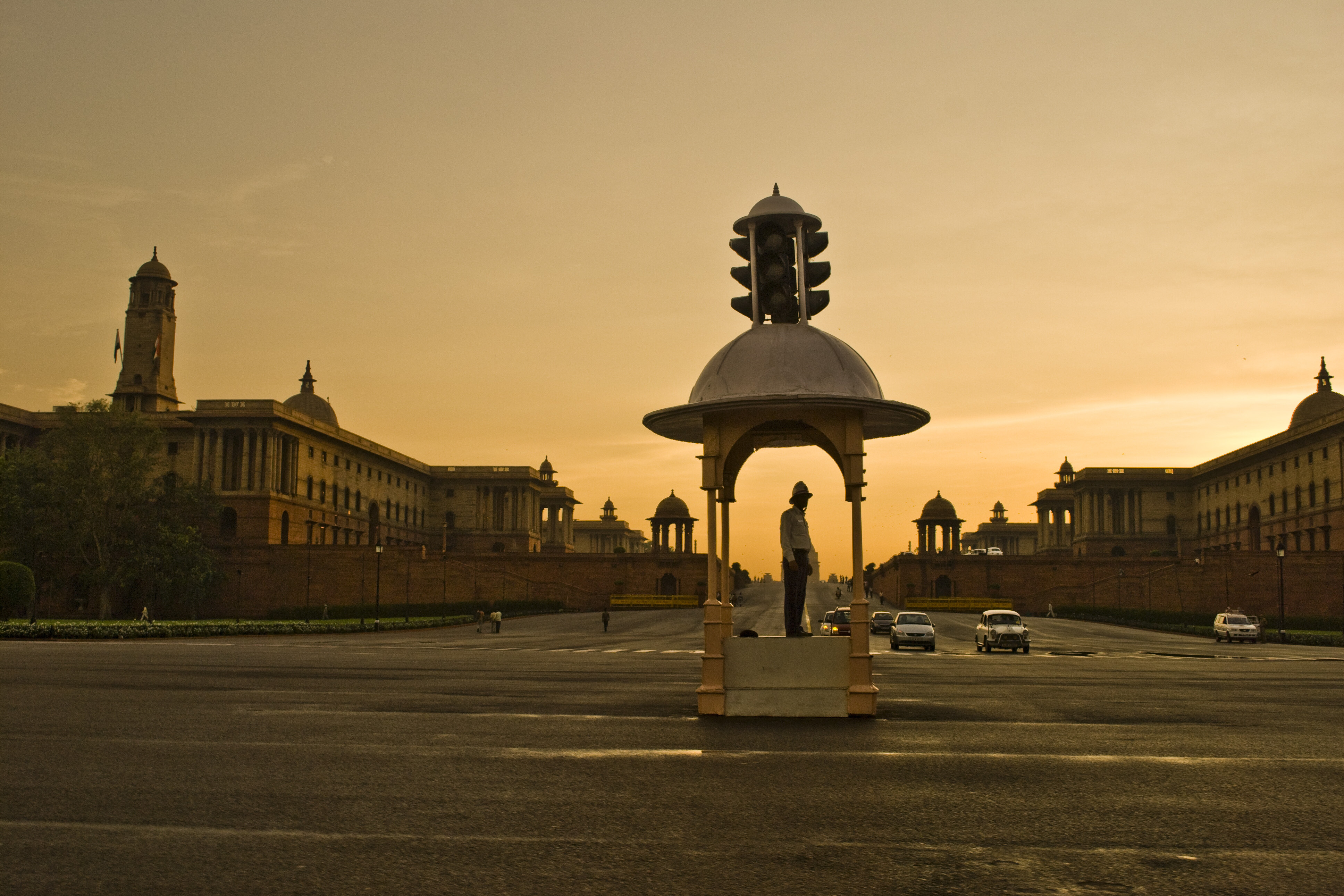Over 20 journalists and programme-makers from three African public service broadcasters explored how the portrayal of women and girls on TV and radio can be improved.
Broadcasting professionals from Botswana and Zambia joined their Malawian colleagues in the capital Lilongwe to take part in workshops run by the CBA from 12 to 15 November 2012. They were also joined by representatives from different African NGOs.

Over four packed days, everyone had the unique opportunity to get to know each other, understand what makes the other tick and find out how they can help each other get more “women’s issues” on TV and radio.
There were plenty of collective brainstorming sessions and important discussions around gender issues, as well as targeted training, pitched to the particular needs of the two professions. While the broadcasters brushed up on their journalistic and editorial skills, the NGOs learnt how they could pitch story ideas more successfully.
One group visited the Lilongwe Urban Women’s Forum, which works with poor women and former prostitutes; the second group went to COWLA, a relationship counselling charity working to reduce infidelity and violence against women; and the third travelled to the Microloan Foundation, which gives Malawian women small loans to start businesses, as well as providing money management training.
Two prominent Malawian speakers addressed the delegates. One of them, Dr Linje Manyozo, author of two books on African radio and member of the National Aids Commission in Malawi said: “I don’t believe in women’s issue per se… they are entangled with other things.”

Manyozo said he’d like to see “more educated women in their newsrooms” and expressed sadness that – based on his observations – women in powerful positions in the industry can be just “as chauvinistic as men”. He also spoke about the need for African media houses to provide more training to their staff.
The second speaker, Annie Banda, from COWLA, who has HIV, described passionately how she “lived,
breathed, dressed HIV” and if she didn’t talk about it she “would be dead”. She explained how ordinary Malawians living with HIV would feel less stigmatised if high-profile people in Malawi declared their HIV status via the media. She praised the popular host of a Malawian TV music programme, Mr Splash, for recently going public with his positive status.
Participants left Lilongwe with a commitment to continue what they had started. Each country group is now working on TV and radio pieces that will highlight important gender issues in their own nation, and they are aiming to deliver their first content by mid-December 2012.
A set of images of the event can be found on our Flickr page.
The event was supported by Unesco, the Commonwealth Foundation, MBC, and Oxfam.
Related Posts
24th February 2017
Zambian government to award 60% share in ZNBC to China’s TopStar
Zambia’s government refuses to back…
24th January 2017
Indian government to respond to criticism of radio news restrictions
After an investigation, India’s Supreme…
26th April 2012

